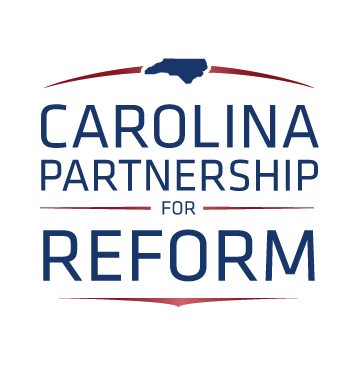The Kids Are Learning to Read
Raw spite may have delayed progress for two years
Eleven years ago, in the infancy of Republican rule at the General Assembly, Senate Leader Phil Berger put a marker down: His personal policy focus would be early childhood literacy, specifically third grade reading achievement.
At his direction, and with support from education chairs in the legislature, the 2012 state budget overhauled how public schools taught reading. Berger named the program “Read to Achieve.”
The initiative rested on three premises: 1) Reading proficiency at third grade strongly predicts a child’s success (or failure) through high school; 2) North Carolina’s third grade reading scores were bad; and 3) Policymakers ought to take action to improve them.
“We’ve got a moral obligation as legislators, as school administrators, as parents to make sure that our kids are able to read,” Berger said in 2014.
FITS AND STARTS
By 2018, standardized testing data showed Read to Achieve did not move the needle much. Like most public policy challenges, part of the blame likely lay in faithless implementation, and part of the blame likely lay in the policies themselves.
A politician faced with unflattering results from a signature initiative has two choices. One, defend the policies and assign blame elsewhere. Or two, investigate why things didn’t go as planned, accept some of the blame, and change course accordingly.
Berger chose the latter.
“If some things need fixing, then let’s fix them…Read To Achieve is working well in some places and needs adjustments in others,” Berger said at a 2019 press conference.
And fix them he did. Berger, along with Sens. Deanna Ballard and Rick Horner, dug into the policy details with dozens of stakeholders – Republicans, Democrats, universities, think tanks – here in North Carolina and elsewhere.
They modeled the reconfigured initiative on the “Mississippi Miracle,” a slate of literacy policies adopted by that state that embraced the “science of reading” and a return to phonics-based instruction.
AN UNEXPECTED ALLY
When he announced the updated Read to Achieve proposal, Berger stood next to an unlikely accomplice: J.B. Buxton, a lifelong Democrat and one of Gov. Roy Cooper’s new appointees to the State Board of Education – an appointee the legislature rejected just two years prior.
By this time, the legislature and Governor faced a protracted budget standoff. But Berger had been working behind the scenes to improve his signature policy initiative with Buxton – a close Cooper ally with ample reason to resent every Republican in the legislature.
The two of them did what mature policymakers do: they set aside their differences and their history to accomplish something good.
At the press conference announcing the updated initiative, Buxton told reporters he was there “on behalf of my colleagues on the State Board [of Education],” and said the Board was “excited about the opportunities this [bill] is going to provide.”
Berger’s Read to Achieve retool, with broad support from across the political spectrum, including Cooper’s own Board of Education, seemed poised to sail through.
‘PUT POLITICS AHEAD OF A REMEDY’
And it did sail through the legislature, even receiving a unanimous vote in the Senate.
But by the time it reached Cooper’s desk two months later, the already-bitter budget debate had turned rancid.
In a move explicable only by raw spite, Cooper vetoed Berger’s childhood reading literacy bill because of Cooper’s frustration over the unrelated budget debate.
Editors at the News & Observer excoriated the Governor. “Cooper’s action put politics ahead of a Read to Achieve remedy,” they wrote. And they were right.
TWO YEARS OF LOST OPPORTUNITY
Berger’s Read to Achieve bill languished for two years. He tried again after the budget issue was resolved, with support from Sens. Michael Lee and Deanna Ballard. The bill finally became law in 2021 – a year into the pandemic.
Last week, Superintendent of Public Instruction Catherine Truitt released data suggesting the policy changes are working. North Carolina K-3 students outpaced national averages in reading gains.
The head of Early Learning for North Carolina’s public schools attributed the improvement to Read to Achieve’s “science of learning” policies: “This is why you see kindergarten and first grade coming in so strong…teachers have had the training and students are already being impacted.”
Third graders, though, have not seen such strong gains. The head of Early Learning attributed that to virtual school during the pandemic. That’s surely true.
But those students also missed out on the updated literacy tactics that Berger’s bill would have installed in 2019 but for Cooper’s veto.
Hundreds of thousands of students entered pandemic “learning” without an updated literacy curriculum just when they needed it most – all because of childish spite.

